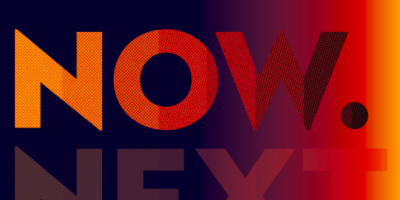
Camp, Even When It’s Not Summer
ELANA REBITZER spends summers at Camp Ramah in Northern California and is pursuing a masters degree in English education from Brandeis University.
When the summer camp I work for announced the cancellation of all in-person programming for summer 2020, many of my campers quickly took to Instagram to proclaim “until 2021.” This summer and the upcoming year are going to be really hard for the camp industry; many camps rely on camper tuition to sustain themselves during the year and will face uncertain financial futures without it this summer. For the campers who were going to start their camp journey this summer, the high schoolers who were going to be counselors-in-training, and everybody in between, the loss of this summer will no doubt weaken their connection to camps and could damage camper and staff retention for years down the road.
But, as my campers’ commitment to returning down the road shows, the loss of this summer could also strengthen the connections that people feel to their summer camps. So many of the things that people lose during coronavirus (like large group social interactions and physical closeness with others) are the very same things that make summer camps the special places that they are. Rather than do away with those important qualities, I imagine that (as soon as they can safely do so) the reopened camps will look very similar to the pre-pandemic world.
Outside of camp, one thing that could change for the better is the quality of year-round virtual programming. As camps have prepared to announce their canceled summers, many have also instituted virtual programs like weekly Shabbat / Havdalah ceremonies and summer reunions to maintain the community connection year-round. If camps can find a sustainable way to support staff to continue providing these programs, the non-summer months could be filled with much more camp content in years to come.



